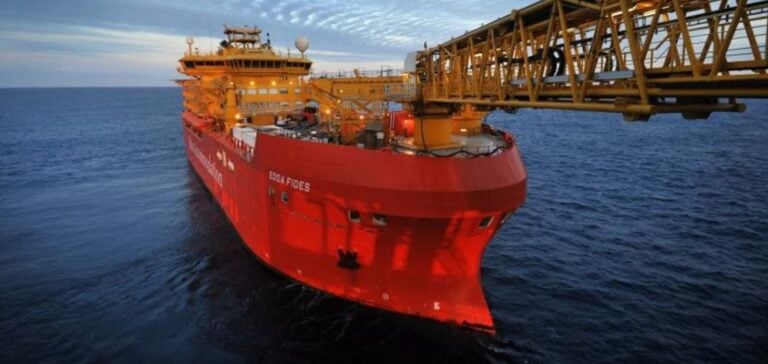The Yakaar-Teranga project, led by the Société des Pétroles du Sénégal (Petrosen) in partnership with Kosmos Energy, represents a pivotal moment in Senegal’s energy transformation. Scheduled for the first quarter of 2025, the final investment decision (FID) will set the stage for domestic gas production, with a target output between 150 and 250 million standard cubic feet per day (MMSCFD). This volume will primarily serve electricity production and industrial uses, such as supplying the urea plant developed by Petrosen Trading & Services.
A Project at the Heart of Senegal’s Energy Independence
By bolstering its capacity to produce energy from local resources, the Yakaar-Teranga project aligns with Senegal’s broader strategy to reduce dependency on energy imports. The initiative also meets a growing demand for energy to support the country’s industrial expansion. According to forecasts, revenue from the exploitation of these gas resources is expected to reach approximately 576.3 billion CFA francs between 2025 and 2027, enabling the financing of priority investment programs in key social sectors.
Significant Economic Benefits
The economic impact of Yakaar-Teranga is projected to extend well beyond the energy sector. The expected tax revenues from this project will be allocated to essential projects in health, education, and water and sanitation infrastructure. For 2025, this revenue is expected to reach 127.7 billion CFA francs, increasing to 205.4 billion CFA francs in 2026 and 243.2 billion CFA francs in 2027. This financial inflow will be crucial for the Senegalese government’s Public Investment Program (PIP), targeting the development of basic infrastructure and local job creation.
Energy Cost Stabilization and Industrial Development
Beyond direct economic benefits, the Yakaar-Teranga project also presents an advantage for the stability of energy prices in Senegal. By reducing dependence on imports, the country will lessen its vulnerability to fluctuations in hydrocarbon prices on global markets. This stability is essential for the emerging industrial sector, where energy costs are a key factor in competitiveness. Additionally, the development of gas infrastructure could attract further industrial investment, reinforcing Senegal’s role in West Africa’s energy value chain.
An Advancement in West Africa’s Energy Transformation
The prospect of domestic gas production positions Senegal among the regional leaders in Africa’s energy transition. With the realization of Yakaar-Teranga, the country is on the cusp of achieving an unprecedented level of energy self-sufficiency, supporting socio-economic development and enhancing its standing in the West African energy market. This progress may also encourage other countries in the region to explore and harness their own natural resources to meet the continent’s growing energy needs.






















